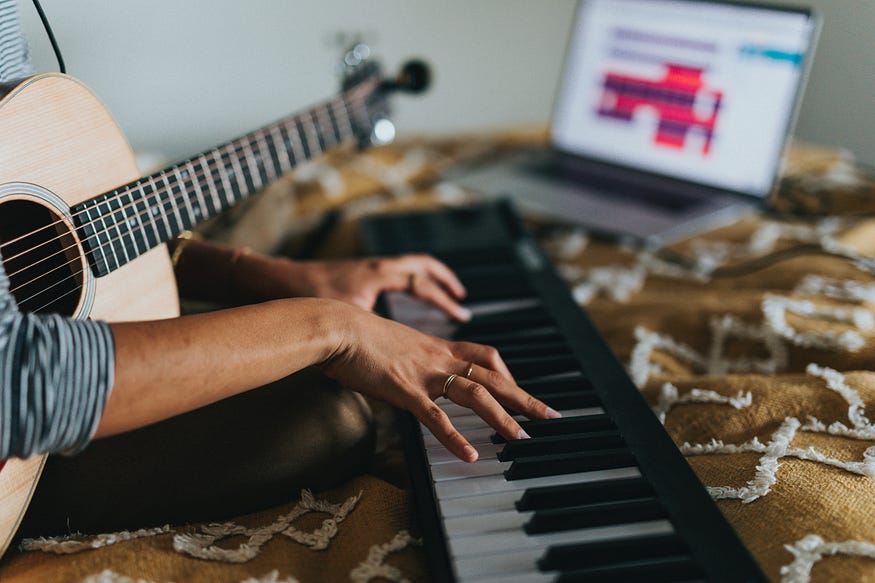Joni Mitchell at Newport, Leonard Cohen’s Hallelujah

Joni sings “Both Sides Now” with a huskier, deeper voice and an experience that turns the words’ meanings into a song only a musician with a long life could sing. Her voice has dropped several octaves from a girl’s high soprano to the whisky baritone of a woman who has looked at life from both sides for decades. The voice’s remarkable depth owes as much to cigarettes as to maturity.
I saw the new documentary about Leonard Cohen. (Hallelujah: Leonard Cohen, A Journey, A Song). I loved it. One of the lines that stuck was “Leonard lived his life between holy and horny.” Leonard Cohen showed us the sacred and secular are inseparable — if we had any doubts.
Cohen spent seven years writing “Hallelujah.” That little fact is humbling. The documentary is made through the lens of “Hallelujah.” Unbelievably, the song and the album it was on were rejected by Columbia Records, and the song found its second and third lives through a convoluted journey.
I have come to appreciate the artistry of Mitchell, Cohen, and other artists much more than when I listened to their early albums on a KLH compact stereo in a dorm room. That was the angst of young love listening to music in the dark, wrestling about all-important life choices.
We are fortunate, we boomers, to have come of age when both the music and the technology were flourishing and advancing, and our heroes, the soundtracks to our lives, played on through long lives — theirs and ours. I can listen to Joni’s songs now as she has reinterpreted them, or to Leonard Cohen’s late music, and share the decades of exuberance, loss, confusion, and resurrection.
I also better appreciate stylistic and lyric ingenuity. I have learned the differentiation between popular and enduring, the poetry and the chords and melodies and rhythms and varied styles and covers. After all, Bob Dylan is a Nobel laureate.
Your soundtrack may include these singers, or have a different playlist. I wonder what Janis Joplin would sound like now, or Jimi Hendrix, or those musicians who were lost by living too recklessly when we were all young and reckless. It is a great gift to enjoy the baritone textures of aging into the years of the 60s and 70s in lifespan, not just generational reference to the songs of the 60s and 70s.
The tortured romance of early death, The 27 Club (popular musicians, artists, actors and other celebrities who died at age 27), is now simple tragedy. No trajectory to review, no grandchildren to dance to early tunes.
Leonard Cohen was forced back at age 73 to road tours, as his business manager had embezzled everything while Cohen was leading a Zen monk’s life on Mt. Baldy in California. He hadn’t intended to return to a life of poverty. (Does part of a music business manager’s job qualifications include “fraud and inability to deny temptation?” It seems money problems are too often a trope.)
Cohen’s late return gave him a widespread, newfound inter-generational audience. It gave us the late version of Leonard Cohen, not just the handsome rogue.
I am grateful for YouTube which allows me with a few clicks to compare the early and late Joni or watch the young and mature Leonard. I welcome the advances in music technology that can subsume us in the intimate pleasures of the music that we can appreciate in real time vs. the haze-filled concert memory of a long-ago evening.
So the music of the 60s and 70s can still be the music of our 60s and 70s.

Cheryl Layne West
Joni and Leonard were definitely on my life’s journey soundtrack. I just commented on a FB post a few days ago – what singer has a most unique sound? – I responded Joni Mitchell. Leonard Cohen may have been my other choice. We boomers were certainly lucky to grow up with so much musical lyrical talent and still be able to enjoy the music from our parent’s generation.